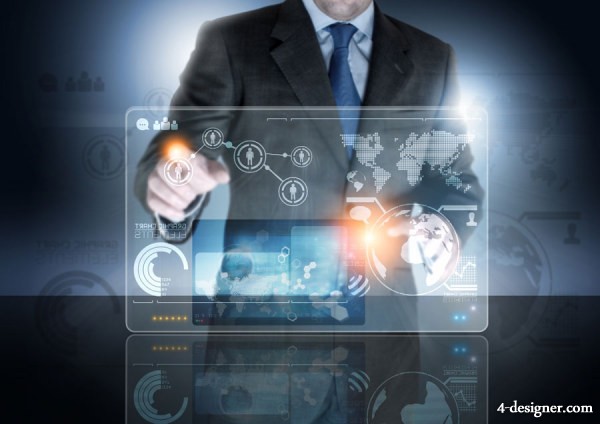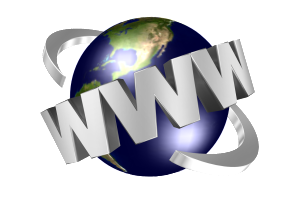

The Internet Economy and it’s Development Globally
Internet economy refers to an economy that is based on digital computing technologies. The Internet economy is also sometimes called the Digital Economy, or the Web Economy. Increasingly, the “Internet economy” is intertwined with the traditional economy making a clear delineation harder. It is widely accepted that the growth of the internet economy has widespread impact on the whole economy. Given its expected broad impact, traditional firms are actively assessing how to respond to all the changes brought about by the advanced internet economy. For corporations, timing of their response is of the essence. Banks and financial institutions are trying to create and use digital tools to improve their traditional business models.
When it comes to adopting digital technology, it’s no secret the financial services industry is still behind the times. The slow shift to embrace digital practices has left firms of all sized lagging behind other industries that have been quick to dive into the sea of digital opportunities—like in the appropriation of the Internet of Things. However, increasing investments in wearable and sensor technologies indicate there’s a major shift developing. So how can financial services benefit from the Internet of Things? And what does the future of this technology have in store for the financial industry? The “Internet of Things” (IoT) is a network of physical objects embedded with software, sensors and connectivity. The “things” within this network, can sense, process and share data with each other. The IoT is not a new concept, but it’s making an impact in every industry, including financial services. Increasing investments in sensor technology are an early indication of the progress of the IoT movement. Some funds offer exposure to the nascent technologies here. Financial services is one of the top ten industries investing in sensors for devices. One of the most common current uses for sensors is Telematics , which allows devices installed in cars to transmit location data to drivers and insurers. These applications include stolen vehicle recovery, automatic crash notification, and vehicle data recording. Telematics also extends to tracking ships and trucks for fleet management and shipping route optimization.
This digital ecosystem of physical objects will change the way financial institutions interact with customers at the most basic levels. Bringing “things” online will eventually make payment transactions implicit rather than explicit. The customer will have easier access to financial data and personalized user interactions that weren’t otherwise available because of the lack of user data needed to support it. The annexation of big data will revolutionize the way the customer interacts with different platforms and how information is presented. Personalized ads, specialized web pages, and new recommendations based off of user data will fundamentally change business models and revenue systems, smoothing transactions and engagement at every touchpoint.
The Economic Impact Of the Internet is getting bigger, the Internet economy in the developed markets of the G-20 ( the 20 largest national economies in the world) will grow at an annual rate of 8 percent over the next five years far outpacing just about every traditional economic sector, producing both wealth and jobs. Overall, the Internet economy of the G-20 has doubled between 2010 and 2016 and has employ 32 million more people.The growth is being fueled in large part by two factors: more users and faster, more ubiquitous access. The number of users around the globe has risen to over 3 billion in early 2016 from 1.9 billion in 2010. Broadening access, particularly via smartphones and other mobile devices, and the popularity of social media are further compounding the Internet’s impact. Digital consumers place a considerable value on the Internet. In the G-20 economies, the “consumer surplus” – the perceived value that consumers themselves believe they receive, over and above what they pay for devices, applications, services, and access is improving. Furthermore, although the consumer surplus are lower for the many developing economies, they are actually quite high relative to local incomes – lower income people get relatively more benefit from the Internet economy than wealthier people do. Closing the digital divide can have a meaningful impact for the less fortunate. Demographics play a significant role in the consumer internet economy, in many markets, the heaviest users of the Internet are the young – no surprise there – and those over 60, whose ranks will swell as the population ages. All these factors are on the rise, which points to continued growth in the consumer surplus metrics.